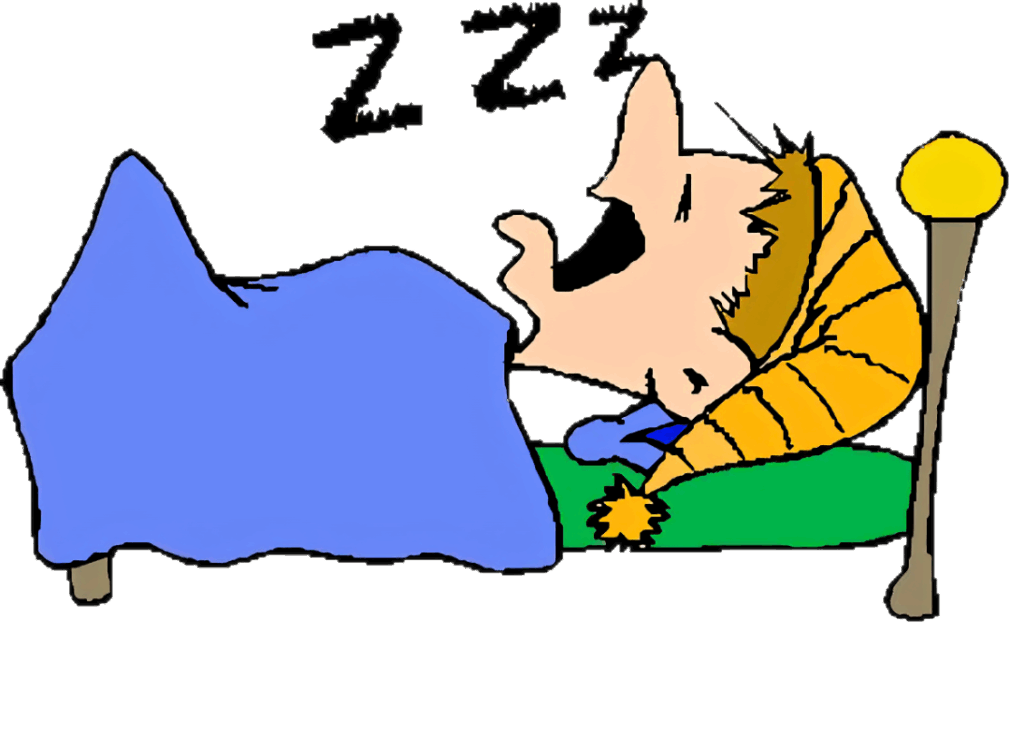
Understanding Snoring:. So then, snoring is one of those sleep issues that many laugh about. But for older adults, it can seriously affect rest, relationships, and even long-term health. And whether you’re the one making the noise or the one trying to block it out, understanding snoring is the first step toward a quieter, healthier night.
Snoring, Causes, Remedies, and How to Sleep Better

🛏️ Understanding What Is Snoring?

Understanding Snoring: Here, Snoring happens when airflow is partially blocked as it moves through the nose and throat during sleep. Furthermore, this obstruction causes the surrounding tissues to vibrate, producing that familiar sound.
While occasional snoring is common, persistent or loud snoring can be a sign of deeper issues. Such as, sleep apnea, a condition that reduces oxygen intake during sleep.
📜 A Brief History of Snoring

Understanding Snoring: For example, snoring isn’t a modern problem. Ancient medical texts—from Egyptian papyrus scrolls to writings by Hippocrates. Also, refer to sleep disturbances caused by laboured breathing. But it wasn’t until the 20th century that doctors began to understand snoring as a symptom of sleep disorders, rather than just a nighttime nuisance.
Today, it’s estimated that over 40% of men and 30% of women over age 50 snore regularly.
😴 Common Causes of Snoring in Older Adults

Understanding Snoring: Subsequently, as we age, several changes make snoring more likely:
1. Loss of Muscle Tone
Here, the throat muscles naturally weaken, allowing the airway to collapse more easily during sleep.
2. Weight Gain
Also, extra weight around the neck can squeeze the airway.
3. Sleeping Position
And lying on the back allows the tongue to fall backward, narrowing the airway.
4. Nasal Congestion
Allergies, colds, or structural issues like a deviated septum can block nasal airflow.
5. Alcohol and Sedatives
Consequently, these relax the muscles too much, increasing the chance of airway collapse.
6. Smoking
Therefore, irritates the airways and increases mucus production.
🏥 Medical Treatments

Understanding Snoring: Hence, if snoring is frequent or disruptive, especially if accompanied by choking or gasping during sleep, Next, seek medical advice. Here are some medical options:
- Sleep Study (Polysomnography): Used to diagnose sleep apnea.
- CPAP Machines: Provide steady air pressure to keep airways open (commonly used for sleep apnea).
- Dental Appliances: Mouthguards that reposition the jaw and tongue.
- Surgery: In rare cases, procedures may remove tissue or correct structural problems.
🏡 Home Remedies That Help

Understanding Snoring: Especially, for mild to moderate snoring, try these natural solutions:
✅ Sleep on Your Side
To begin with, use a pillow or rolled-up towel behind the back to prevent rolling onto your back.
✅ Elevate the Head
By the way, raising the head of the bed or using a thicker pillow can reduce airway pressure.
✅ Stay Hydrated
Above all, dry tissues in the nose and throat are more likely to vibrate.
✅ Weight Management
Thus, losing even a small amount of weight can significantly reduce snoring.
✅ Use a Nasal Strip or Dilator
Here, these, help open nasal passages and improve airflow.
✅ Avoid Alcohol Before Bed
And especially in the last 3–4 hours before sleeping.
✅ Humidify the Room
In addition, dry air can irritate the nose and throat.
❤️ Tips for Sleeping Next to a Snorer

Understanding Snoring: Consequently, living with a snorer can be challenging, but these tips may help:
- Use White Noise Machines or Earplugs to drown out sound.
- Go to Bed Earlier to fall asleep before the snoring starts.
- Encourage Lifestyle Changes: Kindly share this post with your partner!
- Sleep in Separate Rooms (if needed): Don’t feel guilty—rest matters.
🔍 When to See a Doctor

Understanding Snoring: In this case, consult a healthcare professional if snoring is:
- Accompanied by gasping or choking
- Causing excessive daytime sleepiness
- Disrupting your partner’s or your own sleep nightly
- Associated with high blood pressure or heart issues
Final Thoughts
Understanding Snoring: Snoring isn’t just a nighttime annoyance. Subsequently, it can affect your health, mood, energy, and relationships. However, fortunately, with a little attention and some simple changes. As a result, most older adults can reduce or even eliminate snoring.
Pensioner Fitness – Helping You Stay Strong, Steady, and Self-Reliant
DONATE
DONATE
Pensioner Fitness
Pensioner Fitness Awards
THE BUSINESS CONCEPT, BEST IN BUSINESS AWARDS
- “MOST INSPIRING SENIOR WELLNESS WEBSITE 2023“
THE GLOBAL HEALTH AND PHARMA, FITNESS AND NUTRITION AWARDS
2. “BEST SENIOR FITNESS AND NUTRITION SPECIALIST 2023“
THE MIDDLE EAST AND AFRICA BUSINESS AWARDS
3. “ MOST INCLUSIVE FITNESS PROVIDER 2023″
THE CORPORATE LIVE WIRE GLOBAL AWARDS 2023/2024
4. ” FITNESS ADVISORY PLATFORM OF THE YEAR“ 2023/2024
In Conclusion
Snoring can be caused by a number of factors, such as the anatomy of your mouth and sinuses, alcohol consumption, allergies, a cold, and your weight. When you doze off and progress from a light sleep to a deep sleep, the muscles in the roof of your mouth (soft palate), tongue and throat relax. The tissues in your throat can relax enough that they partially block your airway and vibrate. The more narrowed your airway, the more forceful the airflow becomes. This increases tissue vibration, which causes your snoring to grow louder
Important Note *
Remember that everyone is different, it is ultimately YOUR RESPONSIBILITY to find what your body responds to. So please do your due diligence before trying anything new, including getting Medical Advice to ensure your safety and peace of mind.
Connect with me and leave a com